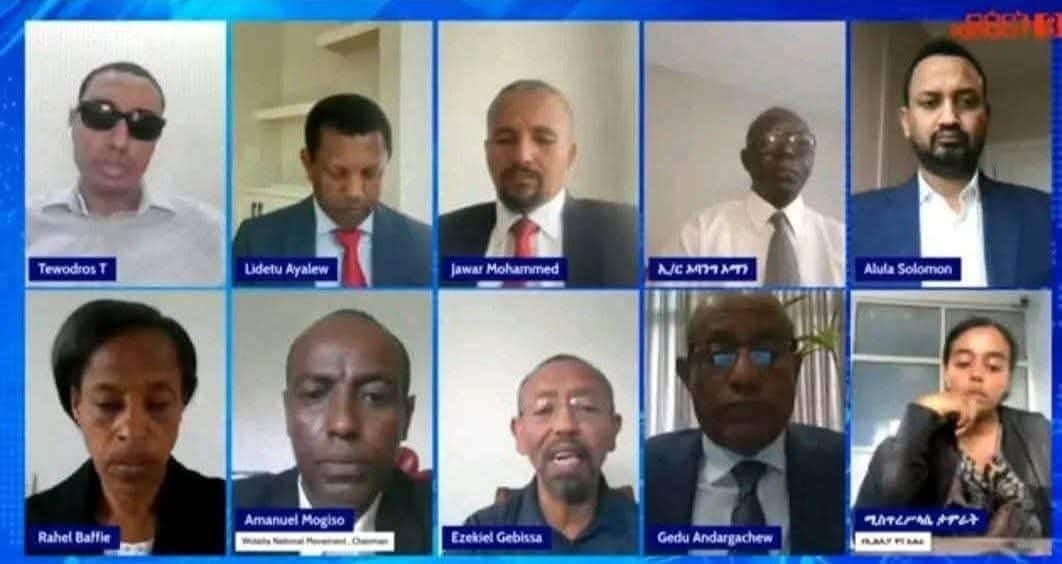: Ethiopia's Path to Peace: Uniting Diverse Political Forces Successfully Amidst Regional Turmoil
INTRODUCTION: As the Horn of Africa grapples with a multitude of conflicts, territorial disputes, and geopolitical tensions, Ethiopia finds itself at the epicenter of the region's security complex. With its massive population, strategic location, and historical influence, Ethiopia is poised to play a pivotal role in shaping the region's future. However, the country's own domestic security challenges, coupled with the scramble for regional leadership, pose significant obstacles to achieving lasting peace. In this article, we delve into the dynamics driving the Horn of Africa's security challenges and explore the possibilities of uniting diverse political forces to achieve a peaceful and stable region.
KEY POINTS AND ANALYSIS
: The Horn of Africa is a region defined by its interconnected conflicts, with territorial disputes, proxy wars, and interventions between countries perpetuating instability. The increased presence of middle powers and heightened geopolitical competition in the Red Sea and Gulf of Aden further complicate the regional security landscape. In this complex environment, Ethiopia emerges as a key player, with its size, location, and population giving it a significant advantage in regional affairs. However, Ethiopia's own domestic security challenges, including the ongoing civil war and insurgency, threaten to undermine its ability to lead the region towards peace. The government's "economic miracle" has been called into question, with critics arguing that it masks underlying economic and social issues. Moreover, the rivalry between Ethiopia and Kenya for regional leadership adds another layer of complexity to the security dynamics. Despite these challenges, there are glimmers of hope. The call for dialogue among Ethiopia's elites and the bold initiative by Zemene Kassie to unite the Amhara people for global peace offer a way forward. The question remains, however, whether these efforts can translate into tangible results on the ground.
CONTEXT AND BACKGROUND INFORMATION
: The Horn of Africa, which encompasses Ethiopia, Somalia, Djibouti, and Eritrea, is a region marked by a long history of conflict and poor regional cooperation. The region's porous borders and interconnected communities have created a complex web of security challenges that transcend national boundaries. The ongoing conflicts in Somalia, Sudan, and South Sudan, as well as the territorial disputes between countries, have turned the Horn of Africa into one of the world's most volatile regions. Ethiopia, with its large population and strategic location, has historically played a significant role in regional affairs. However, the country's own domestic security challenges, including the ongoing civil war and insurgency, have weakened its ability to lead the region towards peace.
CONCLUSION OR FUTURE IMPLICATIONS
: As the Horn of Africa continues to grapple with its security challenges, the role of Ethiopia in shaping the region's future cannot be overstated. While the country's domestic security challenges and rivalry with Kenya for regional leadership pose significant obstacles, there are opportunities for uniting diverse political forces to achieve a peaceful and stable region. The success of initiatives such as Zemene Kassie's bold call to action and the call for dialogue among Ethiopia's elites will be crucial in determining the region's trajectory. Ultimately, the Horn of Africa's path to peace will require a collective effort from all countries in the region, with Ethiopia playing a pivotal role in driving this process forward.
